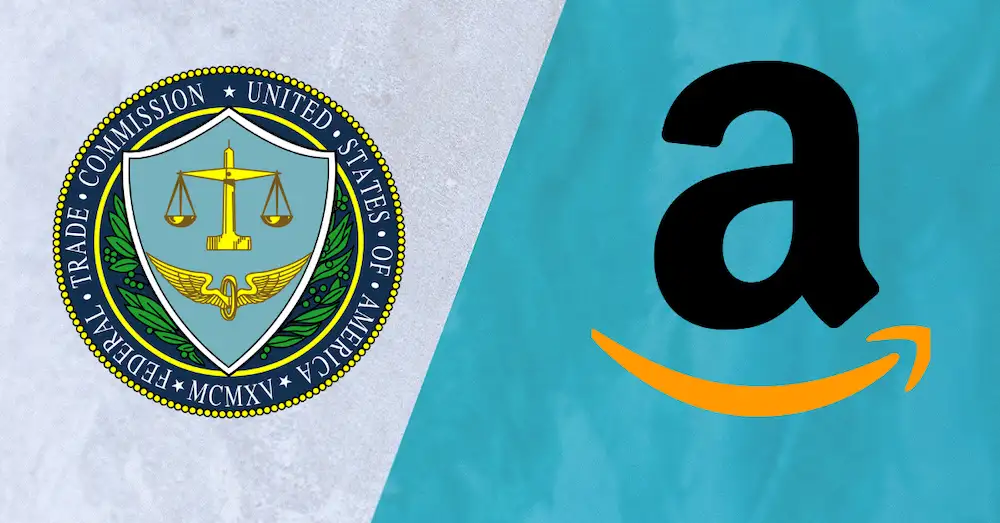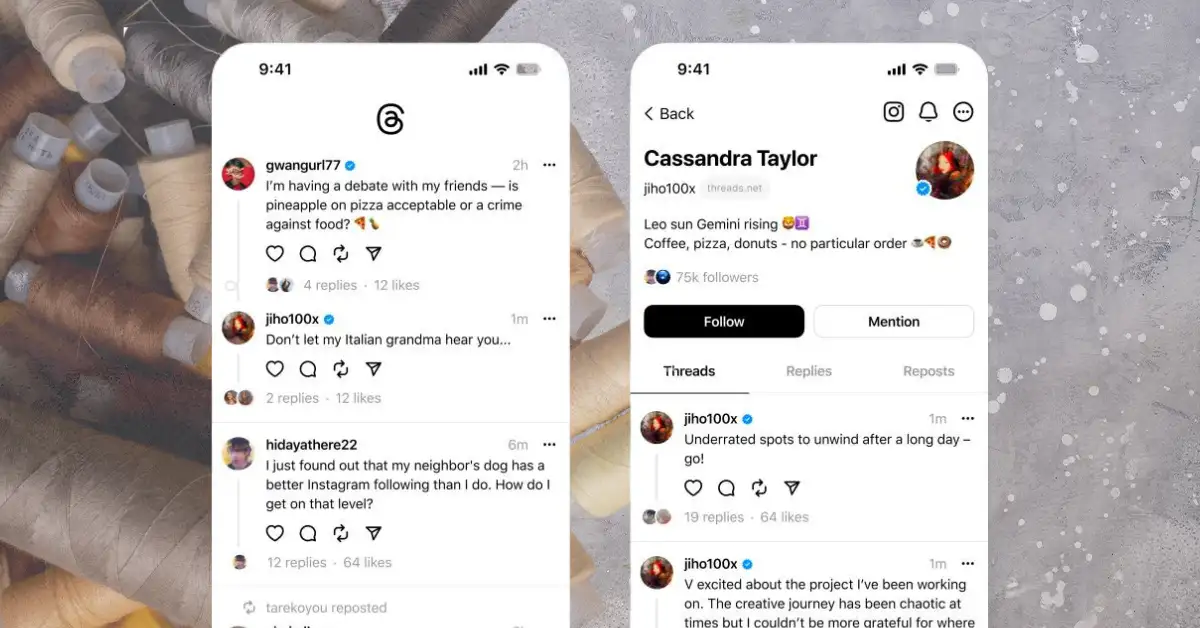Are you tired of obviously fake Amazon reviews touting the incredible, life-changing qualities of an ice cube tray? Well, Amazon is, too.

Amazon is suing the admins of 10k+ Facebook groups, accusing them of soliciting bogus product reviews across Amazon’s sites in the US, Europe, and Japan.
How it works
Bogus reviews often originate on social media, where sellers recruit people to write five-star reviews in exchange for money or free products.
Back in 2019, The Hustle’s own Zachary Crockett spent two weeks posing as a fake reviewer in four such Facebook groups.
- Numerous sellers offered him free items or commissions in exchange for glowing reviews. Some even said they’d write reviews for him to post from his account.
What’s Amazon’s plan?
Amazon has tried to curb fake reviews before — in 2015, it sued 1k+ Fiverr users who allegedly posted fake review services on the popular freelancing platform.
- It also employs 12k+ people to detect fraud and abuse, and has reported 10k+ Facebook groups to Meta since 2020.
This time around, Amazon said it will use the info its lawsuits surface to identify bad actors and delete any fake reviews its systems haven’t yet detected.
But for the many sellers…
… who think gaming the system is the only way to compete, it may not be enough of a deterrent. And Amazon isn’t the only retailer that has to deal with it.
In 2019, the FTC settled with skin care brand Sunday Riley, whose employees were told to post fake reviews for its pricey products on Sephora’s website.
BTW: If you’re shopping for an item with a suspicious amount of five-star reviews, Fakespot is a browser extension that uses AI to root out fakes.










